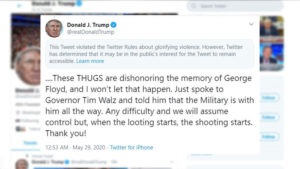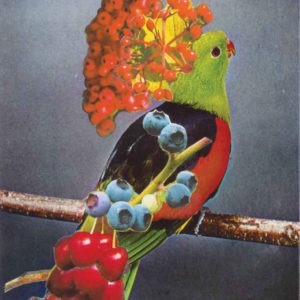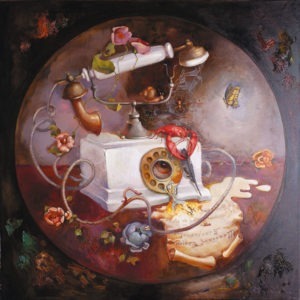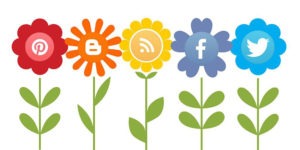May 17, 2010; Source: Web Strategy | Facebook’s privacy policies have raised concern from individuals and organizations alike, and, more than once, we’ve warned about the effect that these changes can have on your social media presence. But social media is about more than who owns what data, it’s also about control, and as an organization, no doubt you are interested in preserving what gets communicated about your mission and how word is spread. That’s why it’s important to connect with your constituents online, right? They know best how to tell your story, to each other, the public, and funders—all the more reason to be where they are, and engage them about your work.
Facebook’s community pages address that concern by taking one step forward and two steps back. These are like the pages created by nonprofits and others where, in past days, you could become a fan of the organization. Building on that model, Facebook began pulling in other information—Wikipedia entries, Facebook posts mentioning the organization, etc.—into a central location, and called it a community page. The pages are created by Facebook if your organization doesn’t already have a page.
This is one step forward because the community pages increase visibility for your nonprofit. If somebody had mentioned your organization in their profile, Facebook automatically linked the mention to your organization’s page. Particularly universities benefit here, as most users have entered their alma mater.
Sign up for our free newsletters
Subscribe to NPQ's newsletters to have our top stories delivered directly to your inbox.
By signing up, you agree to our privacy policy and terms of use, and to receive messages from NPQ and our partners.
Where the community pages go wrong is in confusing users. Social media resource site All Facebook points out that these automatically created pages result in much duplication. Imagine, for example, that you’re us. A subscriber to our magazine might mention that they like NPQ on their profile, or they could enter “Nonprofit Quarterly,” or “Non Profit Quarterly” in their profile. If Facebook users do this, each of those three pages will start grabbing info about our magazine, publishing it in many places, unknown to us and our other readers.
While it is great to get the exposure, the downside is that if an organization doesn’t know what’s being said about it, the staff can’t reply. A post to an automatically-generated community page could go unanswered, as the organization might never see it. If it was a major donor, that could be a blow to your bottom line. Before that happens, review this article about the hazards of managing your Facebook communications, and ensure you’re doing your due diligence to communicate your mission in that environment.—James David Morgan












